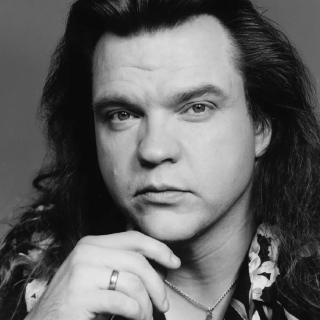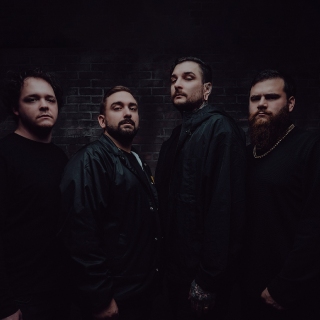Upcoming concerts in London 2024
Find concerts, live music, festivals and tour dates near London: buy tickets for 2024/2025 shows.
Just click on the bed icon (before the venue name) to book an accomodation close to the venue.
Most famous venues for live shows in London
- The O2
- Wembley Stadium
- Hyde Park
- Finsbury Park
- London Royal Albert Hall
- OVO Arena, Wembley
- OVO Arena Wembley
- Eventim Apollo
- Tottenham Hotspur Stadium
About London
MUSIC
London has many small rock clubs scattered around the city. It’s no wonder that so many famous rock bands got their start in the city, such as Led Zeppelin, The Rolling Stones, and The Who in the 1960’s, then Queen and Coldplay later. Queen also gave their most famous concert ever, the 1983 Live Aid concert, at the Wembley Stadium in London. The heavy metal band Iron Maiden also has its roots here. During the 1970’s, London was a hotbed for the newly emerged punk rock movement, with such bands as The Clash and Sex Pistols.
Modern pop stars Dua Lipa and Adele also grew up there. The famed boy band One Direction was founded in the British capital during the filming of season 7 of The X Factor. Hip hop is also quite popular in London, with such artists hailing from there as Dizzee Rascal and Stormzy.
Every July (when the pandemic is letting it happen), the Summer Series at Somerset House is a major fixture in the European music festival scene. Other major London music fests are the Wireless Festival and the Field Day Festival. As for classical music, the Royal Opera House is a coveted destination all around Europe.
CULTURE
London has what some describe as “the Broadway of Europe”, the West End theater district with many musical theater performances in many venues year-round. Shakespeare’s Globe Theater, where the world-famous renaissance playwright had his works performed, is located in the middle of the city near the River Themes.
The O2, formerly known as the Millennium Dome, is a large entertainment center in South East London, with an indoor arena, music clubs, an exhibition place, and a movie theater. The most famous museums in London are the British Museum and the National Gallery. The Royal residence, Buckingham Palace, and the Palace of Westminster are of great political and architectural significance, two staples of the British capital city. The latter has the famous Big Ben striking clock attached to it.
HISTORY
Londonium was established by the Roman conquerors in 47 AD. With the fall of the Western Roman Empire, Anglo-Saxons took over the settlement in the 5th Century AD. King Edward the Confessor made it England’s capital in 1065. Today, it has nearly 9 million residents, and it’s one of the most influential and recognizable cities in the world.


























.jpg)

.jpg)
.jpg)

.jpg)
.jpg)

